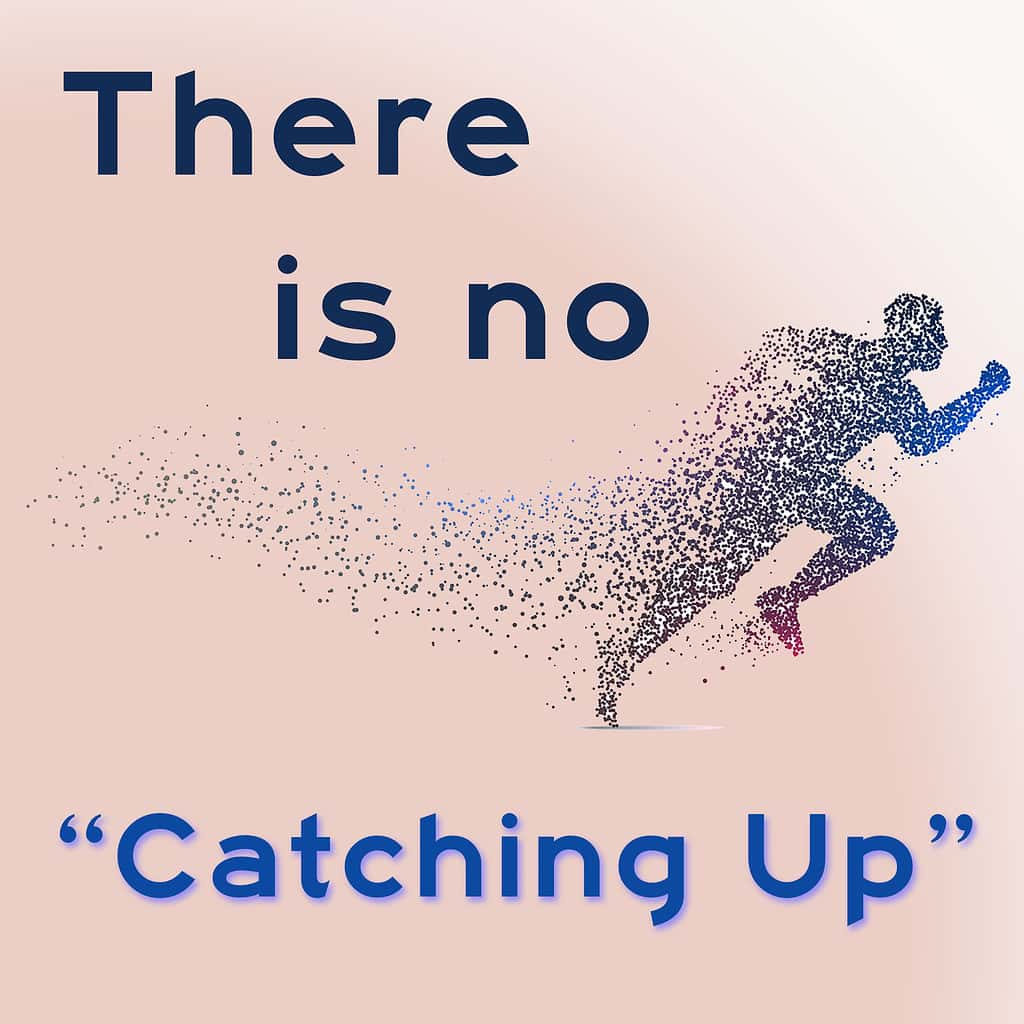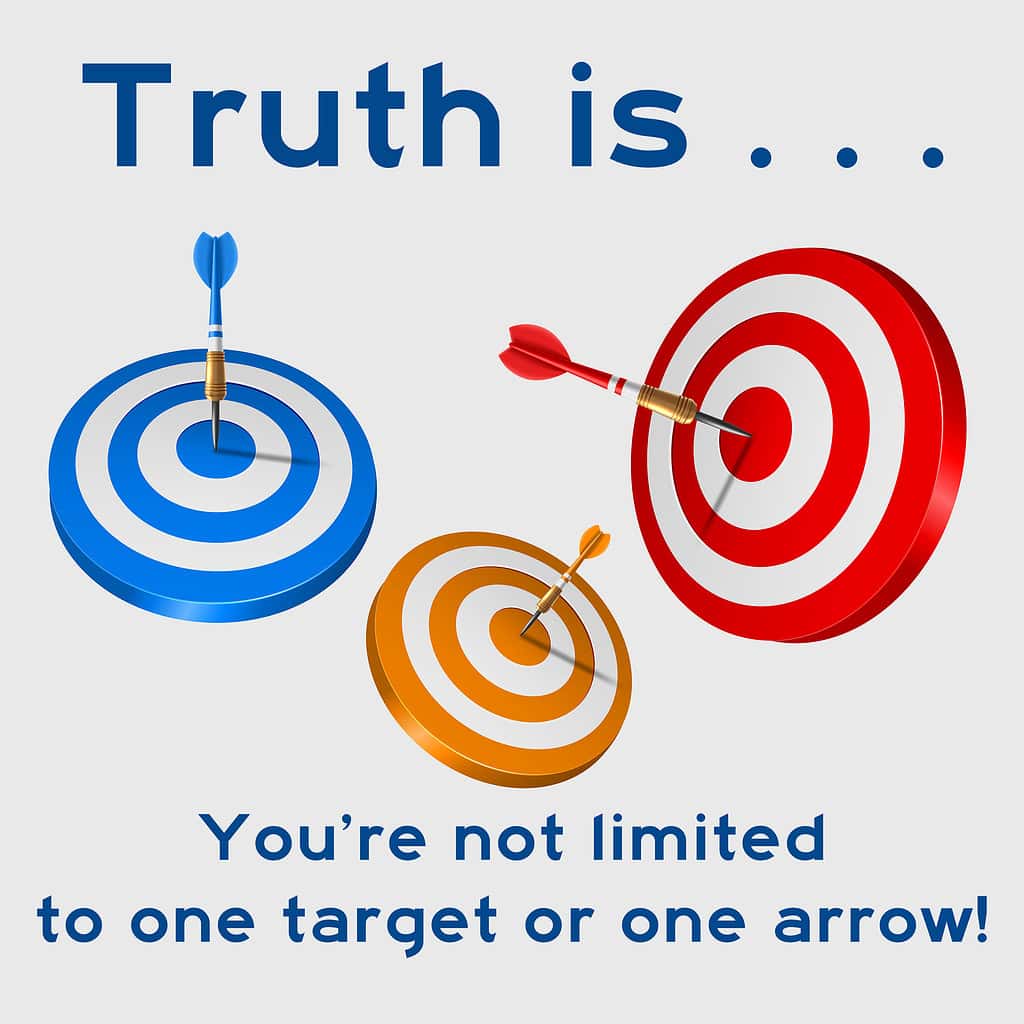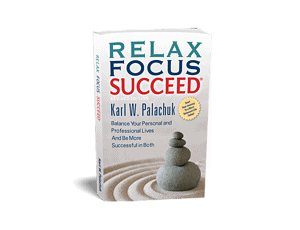Our society—and as far as I know every other society—places value on winning. This is good. Or, perhaps as a human living in a society, I have no option but to believe that this is good.
Winning brings out great qualities in people. It helps us to conquer our fears and ourselves. It helps us learn to work together, to set goals, and to measure our progress. The search for “winning” also has its dark side. The worst, perhaps, is what we do to our children in youth sports leagues: coaches telling seven-year-olds how to body slam and avoid a foul; parents calling their children “losers”; and so-called grown-ups fighting and screaming, and sometimes killing each other, over a game that just doesn’t matter.
But this section is not about winning. I merely take as my premise that winning is good and learning to be a good winner is important.
This section is about the value of losing. Losing has value precisely because winning has value. In all great endeavors—in all great victories and accomplishments—there is a lot of losing.
Remember the great story of Thomas Edison. He had the basic idea for the light bulb (the incandescent lamp) but had to work hard to find the right filament, bulb, base, and so forth. In his first hundred attempts the bulb either did not work or only worked for a very short while.
Edison was not discouraged by this (or at least he did not let on that he was discouraged). From his perspective, he had discovered a hundred ways not to make a light bulb.
When we learn to do anything, we first learn how not to do it. One of the blessings of being a parent is helping a child through the frustration of learning to walk, read, ride a bike, and a million other victories.
Sometimes we forget the frustrations we’ve been through. For example, we forget—either intentionally or unintentionally—the frustration of learning to ride a bike. But as we help a child, we come face to face with this frustration. And we want, as parents, to make it easy and to help the child learn. But we can only help so much.
At some point the child has to just keep trying until the bike stays upright. And suddenly, after trying hundreds of ways not to ride a bike, success is achieved. And instantly one more person begins to forget the frustration it took to learn to ride a bike.
When I think of all the things I’ve learned to do, I have to be honest and remember all the trials, tribulations, and mistakes along the way.
A great part of “winning” the human race is to focus on the good and the glorious and the victorious. But we grow better and we grow faster when we learn from our mistakes and our losses.
The Zen of Losing
Sometimes, when we stop to think about it, we find that we place value in winning even in the smallest, pettiest, most meaningless elements of our lives.
I once had a friend who cheated at Yahtzee. She always kept her score card close to her and always managed to get a bonus for the top of the score card. This was the first time in my life that I remember knowing that I could win or lose by simply doing something the other person couldn’t stop. I could ask to keep score, I could check the scoring with each turn, or I could simply discuss the score and watch her write it down.
Instead I simply let things continue and paid attention to the patterns: when did she cheat, what did she say, how much pride did she take in winning this way?
I don’t know how many thousands of games of Yahtzee I’ve played in my life. And when I’m dead and gone I don’t think any one game will have meant much to me at all. So, I found myself playing and losing and not caring that I lost most of the time. And I found that I enjoyed playing just as much when winning and losing were removed from the equation.
My new approach to the game allowed me to view each game as if I were a third-party observer. I never felt the desperate need to win; I never made a rash decision; and I was able to “slow down” and view the patterns within the game.
Knowing that there were an endless number of games ahead, and winning was not an issue, I was able to try various approaches and compare their results. I tried different strategies and observed the lowest scores one could expect, how to maximize points on the bottom of the score card, and the best strategies for each of the three (yes, three) types of patterns in the game.
I also learned how to watch my opponent and see her reaction to the ebbs and flows of the game. When did she take risks and when did she play it safe? How did her demeanor change when she cheated?
Over time I became a better player. I learned strategies to increase my score for the part of the game I could control.
I also learned (for Yahtzee and other games):
- How to observe my opponent.
- How to “slow down” and remove myself from the action. Thus I see the whole game and my place in it.
- How to observe the parts of the game I control and those I cannot.
I learned to have a certain perspective about games and winning and losing generally. We tend to fall into a belief that we need to win in every situation. We need to win every stupid argument, every little game, every little thing.
A great example of our bizarre universal need to win is in our cars. Some people race from stop light to stop light. Those of us who don’t do this “win” because we’re superior to those who do. We refuse to let people in front of us when a lane disappears. Or we ride in that disappearing lane until it merges with the shoulder and we force our way into the already-merged traffic.
Another great experience for learning the Zen of losing is to have a child (or work with children). We all understand that children need to learn to win and to lose. Sometimes you’ll see games for little kids in which no one wins and no one loses. After age two these games are fundamentally uninteresting to children.
Lesson One: Winning and losing does matter.
Children learn very quickly that winning is the goal. Children go through a stage in which they don’t want to play unless they win. Of course you can’t let them win all the time or they don’t learn the important skill of losing. Admit it: You learn more sportsmanship from losing than from winning!
The value of losing only comes when you examine your loss. What did you do or not do? How did you act? Did you take the initiative or react to someone else? Were you focused on the job at hand?
Again, sports and help us learn to lose as well as to win.
In the Olympics I am constantly amazed at some of the things human beings can do with their bodies. And I marvel at the tremendous heartbreak that must happen daily. How many times have we seen this story: An internationally recognized athlete performs “perfectly” in the trials. Then, in the final run she performs a personal best. She sets a national record, an Olympic record, and a world record. She’s in first place and the gold medal is almost hers. She has done every single thing she can do to be the best. Then, a half hour later, someone does better. And now she’s second place.
This is tremendous heartbreak. And yet we see it several times at each Olympics.
Lesson Two: Sometimes you can do everything right and still not win.
You can be trained and skilled, experienced, focused, prepared, have all the resources, know all the right people, make no mistakes—and still not win. You hang your head and say “Okay, remind me again about the value of losing.”
Losing is inevitable. Everyone loses sometimes. That doesn’t mean you give into it. That doesn’t mean you accept it. Losing is simply a thing. It exists. It happens.
But losing is not who you are. Everyone loses. Even the winners. You’re not a loser, you’re a winner. The fact that you lose sometimes does not change the fact that you’re a winner.
Learn from your losses. Be composed. Maintain your self control. Maintain focus.
Reflection helps, but maintaining focus and being totally aware of the moment at the time of loss will help you learn the most. Harsh, negative reactions will only get in the way.
The biggest winners are those who go right back into the game. Sales people who work for months on a sale and lose it are still winners when they show up for work the next day and go at it again.
So keep your perspective. Go buy a bag of double-stuffed Oreos, take the rest of the day off, and come back tomorrow a winner!







